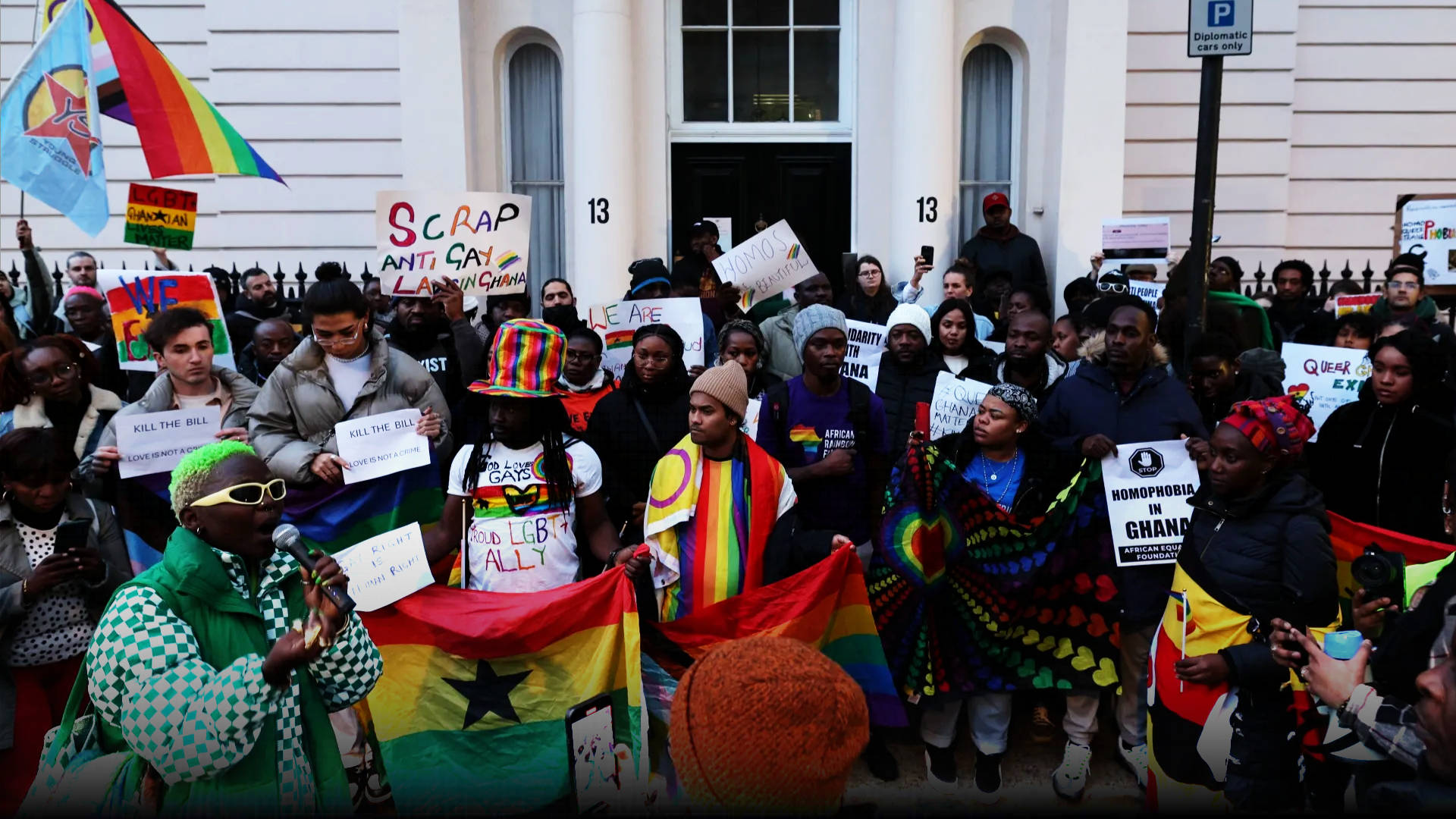
Lawmakers approved the Sexual Rights and Family Values Bill in February, drawing international condemnation despite gaining wide public support in the conservative West African country.
The proposed legislation stipulates jail terms of up to three years for engaging in LGBTQ sex and up to five years for promoting or sponsoring LGBTQ activities.
The bill will only enter into law after being ratified by the president Nana Akufo-Addo, who has not yet announced his decision.
Akufo-Addo, who officially steps down on January 7 after two terms in office, had said he would first await the Supreme Court’s ruling on the bill’s constitutionality.
“It will be premature for this court to exercise its interpretive and enforcement jurisdiction to intervene. Consequently, the action fails,” judge Avril Lovelace-Johnson, head of the court’s seven-member panel said, reading its judgement.
“Until there is presidential assent to the bill, there is no act of which the Supreme Court will use its supervisory jurisdiction to overturn,” she added.
The court’s ruling followed cases filed by Ghanaian broadcaster Richard Dela-Sky, who challenged the constitutionality of the bill, and university researcher Amanda Odoi.
Odoi had sought to block the sending of the bill to the president for ratifying.
Gay sex is already illegal in the religious nation, but while discrimination against LGBTQ people is common, no one has ever been prosecuted under the colonial-era law.
The bill sparked criticism from several countries, including the United States, as well as concern from Ghana’s finance ministry, which warned of a risk of losing billions of dollars in World Bank funding.
Ghana is emerging from its worst economic crisis in decades and is also under a $3-billion loan programme from the International Monetary Fund.
Homosexuality is illegal in around 30 African countries and some such as Uganda have recently toughened their laws.
kme/ks/kjm/bc
© Agence France-Presse





